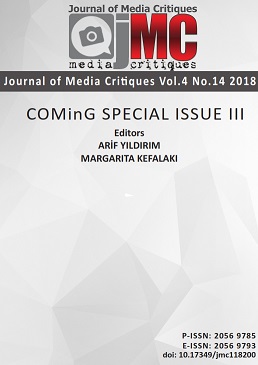Communication of Leadership Principles: A Critical Need for Leadership Education for Underrepresented Grade School Students in the Bronx, New York
Communication of Leadership Principles: A Critical Need for Leadership Education for Underrepresented Grade School Students in the Bronx, New York
Author(s): Michael A. AltamiranoSubject(s): Theory of Communication, School education, Social differentiation, Sociology of Culture, Sociology of Education
Published by: University of Lincoln and World Experience Campus Foundation
Keywords: Leadership; Education; Communication; Economic Disparity; Culture;
Summary/Abstract: The term leadership has gained popularity over the last twenty years as an area of research and education for scholars and those seeking to understand and improve their method of transforming others within their constituency. While the term has transcended all levels of society, this article seeks to explore why grade school students of urban areas like the Bronx, New York struggle to surpass their social status through education and professional achievement. In an area of the United States that represents enormous wealth, the economic and professional disparity between those who prosper and those who struggle can be expounded through an understanding of poor communication, levels of education, and cultural background(s). The majority of children who grow up in New York City are from underrepresented groups in American society. These groups are Black, of American, African, and Caribbean heritage; Latino (Hispanic), of Central American, South American, and Caribbean heritage; and Asian and Middle-Eastern heritage. Poor communication emerges from the fact that a large proportion of grade school children in NYC are first-generation students, many of which struggle with language mastery. The vast majority of school-aged students live in economically challenged areas of the City where income levels are at or below the standard of poverty. The cultural impact of this study further examines the struggle of these students to learn and relate to espoused leadership principles from educators, community leaders, and organizational leaders.
Journal: Journal of Media Critiques
- Issue Year: 4/2018
- Issue No: 14
- Page Range: 19-30
- Page Count: 12
- Language: English

